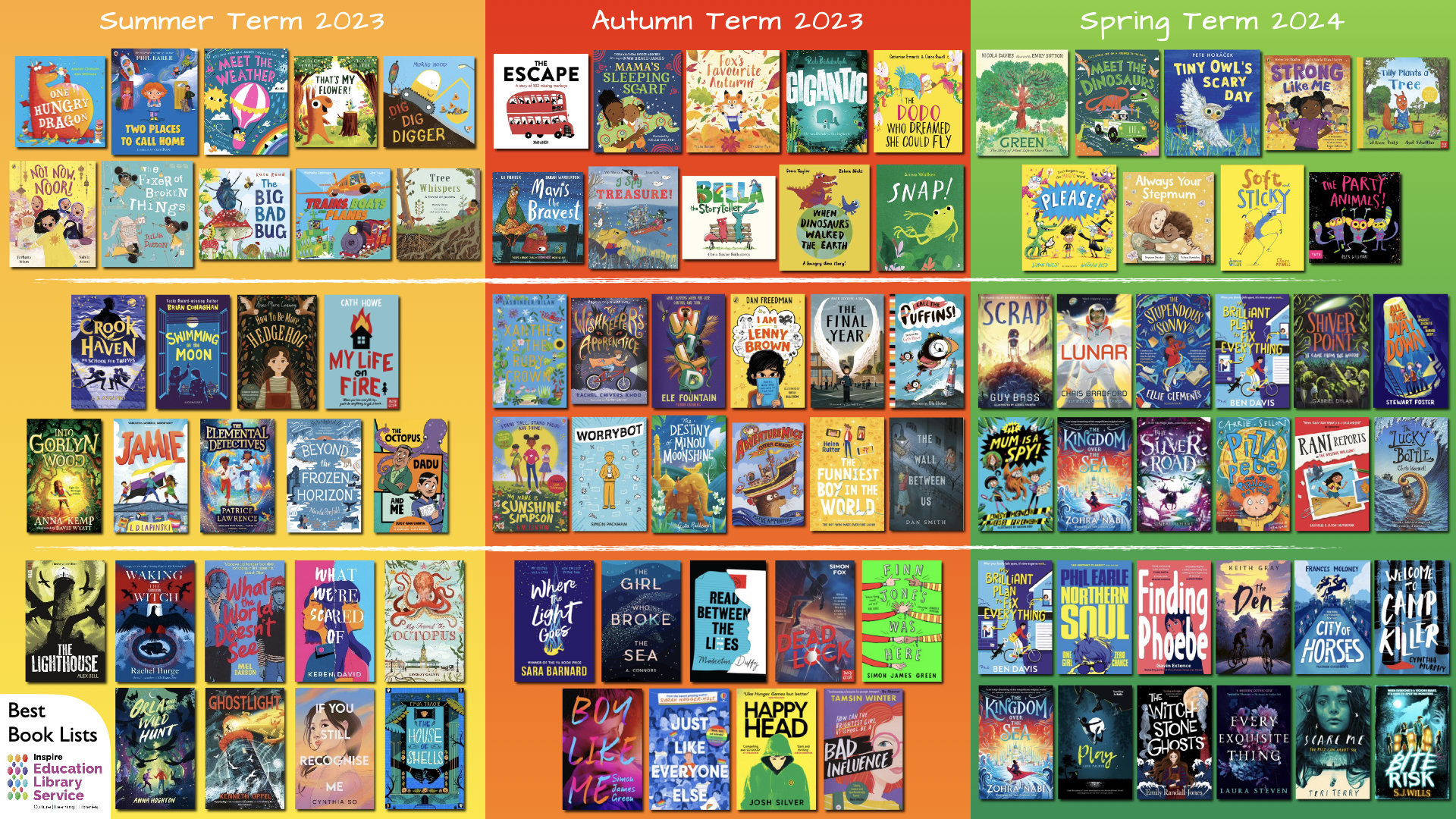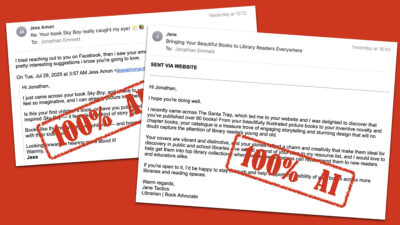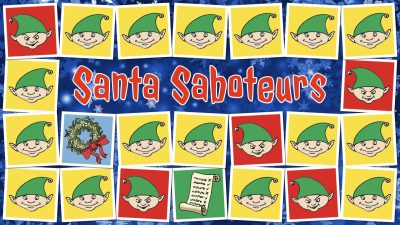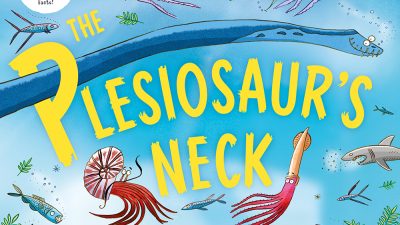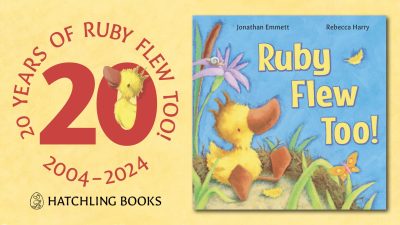Why Children’s Authors Should Champion Schools Library Services
This post is adapted from the middle of a speech I gave at an event to celebrate the 95th anniversary of Nottinghamshire’s Schools Library Service – Inspire ELS. The content of the beginning of the speech was similar to this 2019 blog post, which explains why an annual Schools Library Service subscription is THE easiest and most cost-effective way to create a lasting culture of reading for pleasure within a school. The case I make below is specific to Inspire ELS, based on the books they recommended to schools in the last year, but I suspect a similar case could be made for most – if not all – of the UK’s schools library services.
Here’s why children’s authors like myself should be particularly grateful to the Education Library Service (ELS). There are two things children’s authors are always complaining about on social media.
The first is books by celebrity authors. Two obvious sources of resentment are that celebrities get far bigger advances than regular children’s authors and their books get far more publicity. However the more serious issue is that – while there are a few celebrities who write good children’s books – publishers set the quality bar a lot lower for celebrity authors because they know that having the celebrity’s name on the cover will be enough to sell lots of copies of the book. That may be good for publishers’ short-term profits, but it’s bad for children’s reading for pleasure, because having a celebrity’s name on the cover will not be enough to keep a child reading a poorly written book. And in the long term that’s going to be bad for the publishing industry as children that are turned off books do not grow up to be book-buying adults.
The second thing that children’s authors are always complaining about is books by dead children’s authors. By which I don’t mean books that are written by ghosts, I mean books that were written forty or more years ago. These may be good books, they may be books we read ourselves as children that inspired us to become children’s authors. But they’ve become the default option for many parents and teachers who are simply not aware that there are equally good or better new books written by modern authors, many of whom are struggling to make a living out of writing. And if those authors don’t succeed in making a living, we’ll end up with a smaller, less diverse group of people writing books that will appeal to a smaller, less diverse group of children.
Today we’re celebrating 95 years of ELS! 🥳
— Inspire ELS (@InspireELS) May 20, 2024
We’ve spent over 9 decades fostering reading for pleasure and helping teachers inspire readers across Nottinghamshire schools!📚📖🏫@nottscc @nottslibraries @hubflying @ACCELUK @UKSLA @prioritylit @nottmlibraries @openuni_RfP pic.twitter.com/OXSByzDr5z
The reason why children’s authors should be particularly grateful to the ELS is that they actively steer children away from books by celebrity authors and dead authors towards books by non-celebrity, living, breathing often-struggling-to-make-a-living authors like ourselves.
If you want evidence of that, go to the ELS’s website and have a look at the lists of the best new children’s books that the ELS produce for each school term. I went through all of their book lists for the last year. They recommended 92 books to schools in total (shown in the graphic at the top of this post). None of them were by dead or celebrity authors. The ELS are going into schools and actively countering those two big problematic factors within children publishing.
As children’s authors, we should recognise that Inspire ELS do a terrific job of promoting our work, so it’s very much in our interests to promote theirs.
Right now, the UK’s Schools Library Services (SLSs) need promoting more than ever. Increasingly tight school budgets and a lack of awareness of the importance and cost-effectiveness of the work that SLSs do has led to many schools reducing or cancelling their SLS subscriptions. Shropshire’s Schools Library Service is currently threatened with closure and many more are struggling to remain in business. Once they’re gone, they will be gone for good and, without their quality-centred, reinvigorating influence, the output of the UK children’s publishing industry will become staler, more celebrity-orientated and less appealing to young readers.
So as children’s authors, we should do all we can to champion the work SLSs do and raise awareness of the critical role they play in getting children reading for pleasure.
If you’re not already in touch with your local SLS, give them a call or send them an email. Most SLSs are keen to engage with local authors and will be happy to talk to you about what they do. Some, like Inspire ELS, may offer you a tour of their premises. Once you’re familiar with what your local SLS has to offer, you can promote them on school visits, through your website and on social media. For example, in the school visits section of my website, I recommend borrowing a selection of my books from a local SLS before I visit. Or you could write a blog post like the post here which explains how an SLS subscription is the most cost effective way for schools to get children reading for pleasure. One of the easiest ways of raising awareness of your local SLS is to follow them on social media and help boost their profile by sharing their posts with your own followers.
📣NOTTS & DERBYSHIRE TEACHERS & PTAs📣
— Jonathan Emmett (@JonathanEmmett) August 16, 2023
An @InspireELS subscription is a very effective way to encourage #ReadingForPleasure in your school.
If your school is not a subscriber, why not see what they have to offer.
👇👇👇📕📘📙📗👇👇👇 https://t.co/5P7DQ84IOo
Schools can find their local UK Schools Library Service using this page of the Schools Library Services UK website: https://sls-uk.org/uk-sls/
You can find out more about Inspire ELS, who now serve both Nottinghamshire and Derbyshire schools, by visiting this section of the Inspire website: https://www.inspireculture.org.uk/services-schools/els/

